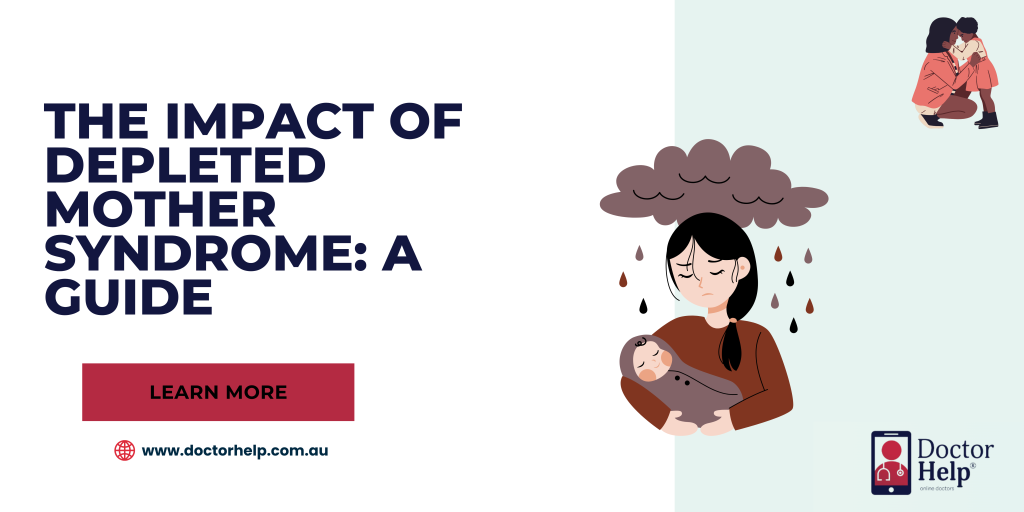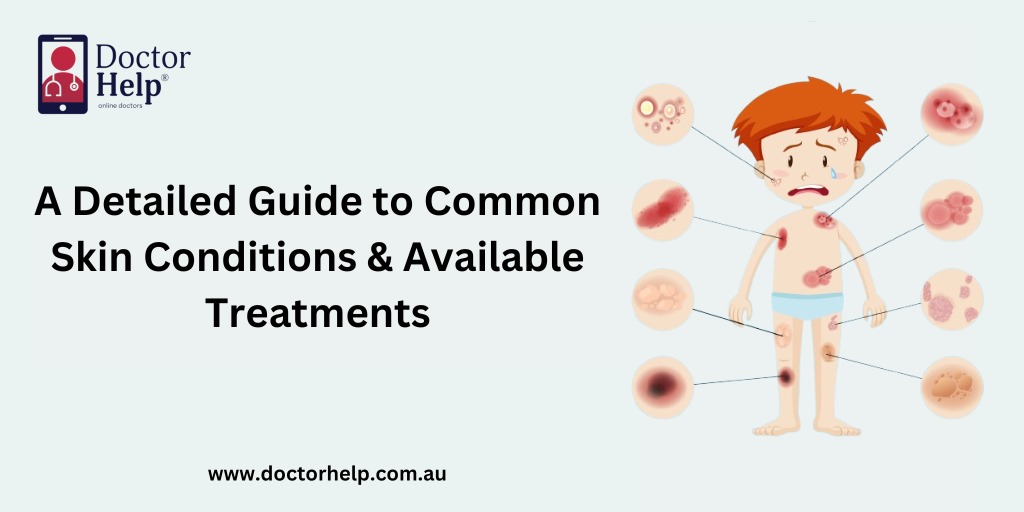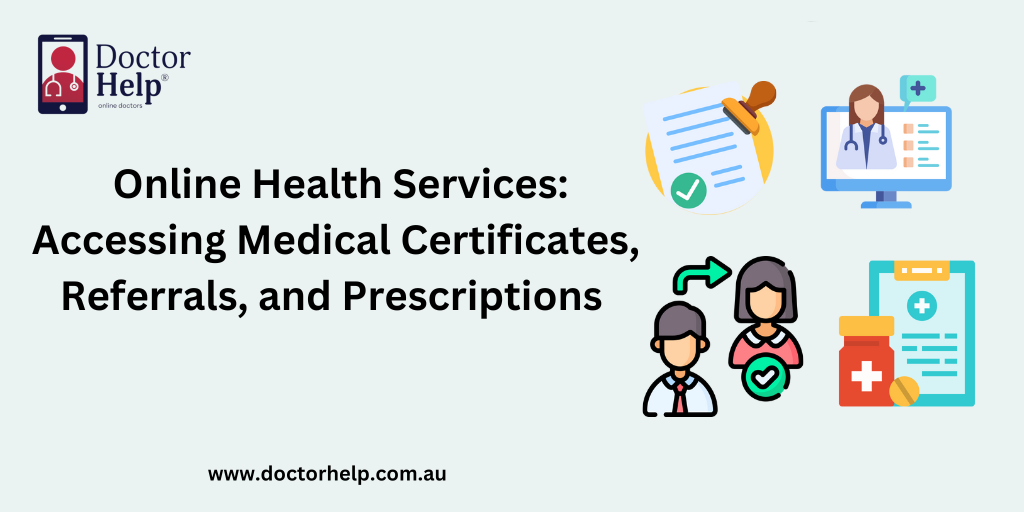Table of Contents
One of the most increasing mental conditions is Depleted Mother Syndrome which many women experience. In this phenomenon, mothers experience intense emotional, physical, and psychological burnout. Just imagine shuffling and trying to live up to the super mom expectations along with the daily life shenanigans, including work, and other regular chores- no wonder why many mothers suffer from this syndrome and feel thoroughly depleted!
This term reflects the actual essence of how motherhood with the delights and baggage sometimes makes the mother feel completely depressed and drained. It’s very crucial to understand and address DMS essentially to help moms rejuvenate and light up the spark again!
What is DMS: Depleted Mother Syndrome?
A state where there is chronic fatigue and emotional exhaustion experienced by mothers due to the never-ending pressures and challenges related to parenting is known as depleted mother syndrome. Although depleted mother syndrome is not acknowledged as a medical condition clinically. This is also used to emphasize the severe stress encountered by the mothers of today’s era. It’s comprised of many symptoms, including chronic stress, overwhelming fatigue, feelings of guilt, persistent tiredness, or inadequacy, irritability, along with a sense of emptiness.
What is mommy burnout and what does it feel like?
Mommy burnout is comprised following ways:
- Profound fatigue or feelings of exhaustion, both physical and mental
- Feeling emotionally drained
- Constantly feeling overwhelmed or anxious
- Difficulty sleeping
- Feeling alone and isolated
- Feelings of inadequacy or guilt
- Irritability and being short-tempered
- Being neglectful towards their children
- Increased frustration
Reasons for Suffer From Depleted Mother Syndrome (DMS)
Some of the reasons mentioned below are why mothers usually suffer the depleted mother syndrome.
⦁ Expectation: sometimes social and self-imposed expectations of being perfect in the role of mother can put a lot of pressure on individuals and usually end up feeling inadequate.
⦁ Maintaining Balance: Work life and personal life when there is less help especially for the working mom when they have to fulfil house and work-relevant responsibilities, there is no time for self-care.
⦁ Neglecting self-care: Moms are usually not looking at their self needs and while taking care of their family they completely neglect their health and well-being, hence leading to burnout and depletion over time.
⦁ Selflessness: This could also be taken as constantly giving care and fulfilling the demands of children while ignoring the signs of exhaustion, resulting in emotional and then physical weariness.
⦁ Missing Support: Those mothers who don’t get proper support from their family spouses or even friends might feel alone and overwhelmed.
⦁ Emotional baggage: All the emotional labour is usually done by the mothers not only the physical responsibilities, and this is exhausting.
⦁ Insomnia: Sometimes taking care of small children disrupts sleep and this can cause the sleep habits to change adding to weariness and mental strain.
⦁ Financial problems: sometimes especially for single mothers managing the financials could be an issue and this could cause tremendous stress thus affecting mental health.
⦁ Loss of identity: after embracing motherhood mothers are usually lost in the support of their child’s needs, thus this disbalance creates an identity crisis in them, making them suffer depletion and anxiety.
⦁ Cultural pressures: Our society has developed an approach that only mothers are responsible for their children no matter if they are working moms or not. This is one of the most dangerously impacting traits on mental health.
How to Manage the Symptoms?
42.9% of individuals aged 16–85 years experience a mental disorder at some time in their life. So DMS is one of the reasons for anxiety and depression in mothers, which is common these days. Some of the successful techniques for dealing with depleted mother syndrome are the following:
⦁ Embracing self-care: Take some time out of your mom’s schedule and spend time doing things that will replenish you, for instance, reading, exercising, and pursuing hobbies.
⦁ Seek help: Share your feelings with the people you are close with like friends, relatives and spouse, and express your emotional state. Connecting with the people will help to ease the loneliness.
⦁ Set healthy boundaries: Save your time and energy and learn to say no! This is indeed very important for declining extra obligations and commitments which may make you feel overwhelmed.
⦁ Mindfulness: Practise mindfulness to increase mental clarity and alleviate stress.
⦁ Communication: Be vocal about your condition and communicate with your family and spouse about the emotional needs to evoke understanding and support.
⦁ Develop routines: try to develop the daily routines and make handling obligations simpler and easier.
.⦁ Reduce Screen time: reduce your time on social media so that you are not impacted by the comparisons and expectations of parenthood.
⦁ Try to seek professional help: Consider speaking with a therapist or a counsellor to get advice on dealing with the depleting mother syndrome.
⦁ Celebrate little achievements: Try to appreciate your everyday accomplishments, no matter how minor, to boost your confidence and happiness.
When to seek help?
If you are feeling emotionally overwhelmed and you are not able to perform the everyday chores, this is a sign that you need help. If you feel mood shifts such as increasing irritation or continuous sadness, then you need assistance.
The stress can lead to persistent exhaustion or headaches which are one of the signs of physical burnouts. If relationship obligations are hurting due to stress you can seek support. Feeling isolated and having suicidal thoughts are also warning flags that need urgent interventions. If self-care seems unachievable and you think you lack good coping techniques, a mental health professional can also offer balance and valuable direction.
How can Telehealth Help with Depleted Mother Syndrome?
There indeed are some government portals to provide help regarding the burnout symptoms. Doctor Help can assist with the specialist referral, so it’s better to get a proper consultation from a mental health specialist and take care of yourself so that you can look after your family as well.








